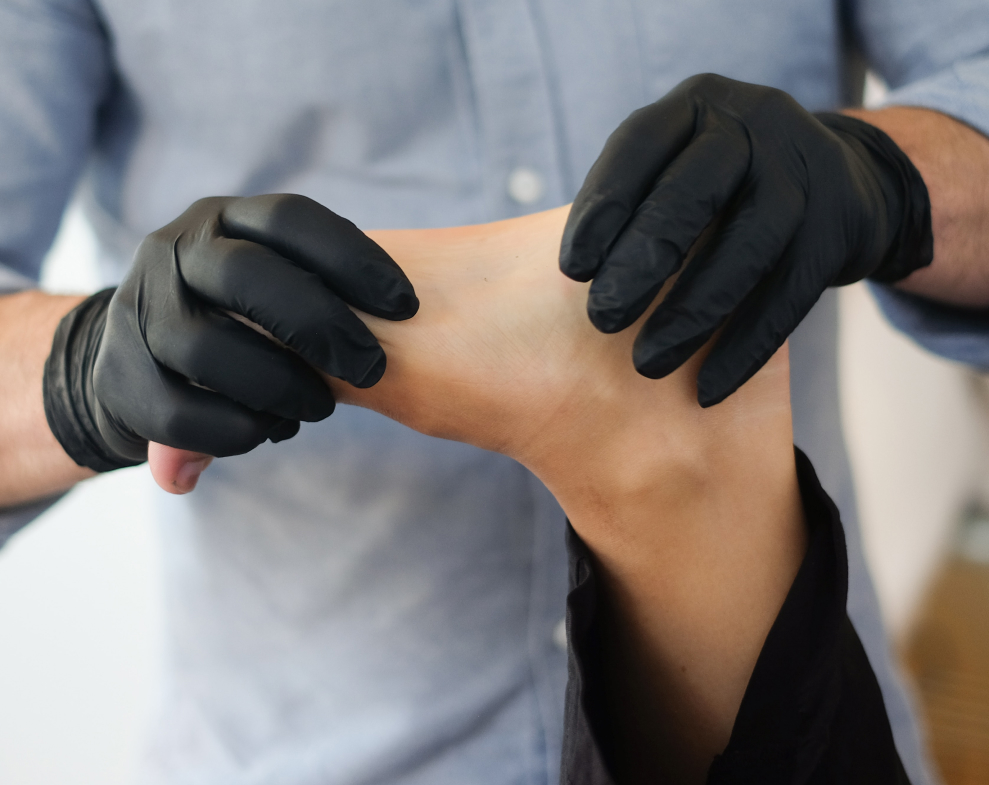The benefits of exercise in lockdown
Everyone has dealt with lockdown differently. It has created significant changes to a lot of our lives and impacted us in many ways. Whether you’re working from home, trying to home school kids, or struggling financially with business, everyone has their own unique experience. On top of all of this, gyms have been shut, and community sport halted. It makes exercise and physical activity a challenge. Some people have joined online exercise programs, whereas others, like me, have turned to baking sourdough.
The World Health Organisation recommends 150 minutes of moderate-intensity physical activity, or 75 minutes of vigorous physical activity, for adults between 18-64 years. Reducing physical activity and exercise can have detrimental effects on the human body; physically, socially and mentally. We all know the strong association between inactivity and an increased risk of heart attack, diabetes, high blood pressure, high cholesterol, stroke and a number of cancers. However, inactivity also increases our chance of suffering from mental health issues. Physical activity is a great strategy to feel more energised, motivated and to increase endorphins during these unprecedented times. Physical activity and exercise have shown to improve mood, reduce anxiety, reduce depression, and improve sleep. Furthermore, in isolating times like these, it is a great way to get out and get some form of social interaction, alleviating feelings of isolation people may be experiencing. I personally think I have visited every park within 5km of me in every direction. Some of the other benefits of physical activity include:
- Decreased risk of osteoporosis: physical inactivity decreases the load placed on the body and consequently bone density decreases. This puts individuals at risk of developing osteoporosis and therefore at a risk of fracture.
- Weight management: Those extra COVID kilos will put increased stress and strain through the joints putting individuals at risk of developing pain and osteoarthritis. Physical activity helps to burn more calories and supports a healthy metabolism.
- Increased strength: Physical activity supports the development of muscle strength and endurance. It also helps reduce muscle loss as we age. This helps put all those flat packs together we’ve been doing while in lockdown.
- Optimise brain health: Physical activity improves brain function and protects against memory loss. It enhances blood flow and oxygen supply to the brain optimising brain structure and function and preventing the development of conditions such as dementia.
- Decrease falls risk: Physical activity has been shown to decrease falls risk. Falls place a huge burden on the healthcare system and have a high mortality rate in the elderly. They also place a significant risk of hip fracture.
Lastly, recent research has shown regular physical activity reduces the risk for severe COVID-19 outcomes among infected adults in addition to other communicable diseases. This highlights the importance of physical activity on the immune system. So, if for no other reason to exercise at the moment, this is the one! Walk instead of driving to the supermarket, take the stairs, use your lunch break to be active instead of watching Netflix and use the time you normally take the train into the city to start your morning with a walk instead. Catch up with friends (inside your 5km radius of course) over a walk instead and lastly, be kind to yourself. Any physical activity is better than none. Start small and build up.

If you have any questions regarding an appropriate home exercise program, strengthening exercises to do during lockdown, posture advice for working at home or any physical activity advice, please don’t hesitate to get in touch with one of the Physiotherapists at GSSC.






